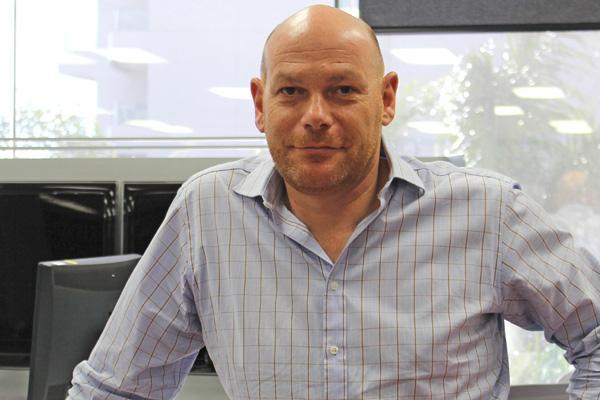After joining the Fortescue Metals Group as CIO in January 2011, Vito Forte now leads the company’s IT department as it assists the resources industry giant to keep pace with its strategy of rapid growth and expansion. In this interview, he talks to CIO about Fortescue’s transformation plans, the rise of Cloud and mobile technologies, and why, when it comes to IT innovation, culture eats strategy for breakfast.
How would you describe your role in the organisation and the IT department you lead?
I have been CIO of Fortescue for a little over nine months. I started here in January 2011, following roles in construction, heavy engineering and ship building — industries that are on the periphery of the resources sector. I used to be outside of the fence, working for organisations who were service providers to companies like Fortescue, Chevron or Exxon Mobile.
We’re a relatively small IT operation at Fortescue. We have just over 100 people, with a substantial amount of contract workforce due to the nature of the projects we’re undertaking for the business at the moment.
What are your top priorities/projects?
We’re building a transformation program for the team here, which is linked to the overall general transformation that the organisation is undergoing as it heads into its next phase of growth and expansion.
We’ve been growing very rapidly. At Fortescue it took us three years to get to an average production rate of 45 million tonnes. By comparison, it took BHP about 30 years to reach that amount.
Our project mix at the moment is such that over 90 per cent of all of the work we’re doing is directly related to business expansion activity. Everything we do is focused on value.
How does a resource CIO such as yourself define business success? What indicators/KPIs do you use?
For me and my team it’s all about looking for opportunity to add much more value than you would consider normal within an IT context.
For example, we’re in the middle of a project called T155, which is about expanding to 55 million tons and then to 155 million tons over the next couple years. We actually brought forward by 12 months the initial move to 55 million tons, and that’s accelerated a lot of activity.
Technology plays an important part in terms in of creating the leverage we need to deliver those rates of production. We have short deadlines and heavy key business outcomes that we’re trying to achieve, so we align with those outcomes. We constantly ask ourselves: How can we do it better? How can we do it faster? How can we do it differently, so we’re not relying on the traditional methods which involve placing more people and more resources in remote regions?
Have you delivered any recent successes or innovations to your company?
Procurement is one area where we’re achieving benefits. Even in the short time I’ve been here there’s been a heavy focus on improving commercial arrangements. That has been one of my key requirements as CIO and was among my first discussions with the executives here. And we’ve achieved a lot in that space, but it isn’t the only area where we’ve had success.
We’re moving to a Cloud-based service because that’s the kind of stuff we don’t need to be doing
We’re also just about to finish setting up HP’s utility infrastructure model. It’s all comes down to deciding what we need to focus on and what things we don’t need to focus on. It’s not a one-way discussion. If I’m going to keep my team trim and focused on the end value, we have to identify what things we shouldn’t be doing.
Nothing is off the table for us. We look at everything we possibly can in order to get to where we want to go. Now that doesn’t mean we do it all costs. Everything we do is informed by our internal value of ‘frugality’, which is all about understanding the commercial aspects of whatever we’re doing.
The bigger ‘bang for buck’ for us comes from innovative thinking. We underestimate the value that good, experienced technology people can bring in terms of asking odd questions. There are things that people take for granted, and sometimes you have to stand back and ask: Why have we always done it that way? Is there an operational reason that we need to see 50 things on a screen? Can we use exception reporting and threshold management and those sorts of things, which have been standard practice in IT for many years?
We’re trying to do more things like that. For example, one of the interesting things we’re doing at the moment is looking at how we pilot projects. Not because we know the answer, but because we don’t know the answer. We want to be able to try things out. It may work and if it does that’s fantastic. And if it doesn’t, at least we know it won’t work. There’s no point in only ever trying things that are going to be successful. The ability of the organisation to try new things and accept the occasional misstep is one the key values within IT here. That attitude and the culture of Fortescue in general are the key things that attracted me to this particular organisation.
Part 2 - CIO challenges, mobile technologies, business analytics and harnessing a remote workforce
Join the CIO Australia group on LinkedIn. The group is open to CIOs, IT Directors, COOs, CTOs and senior IT managers.



